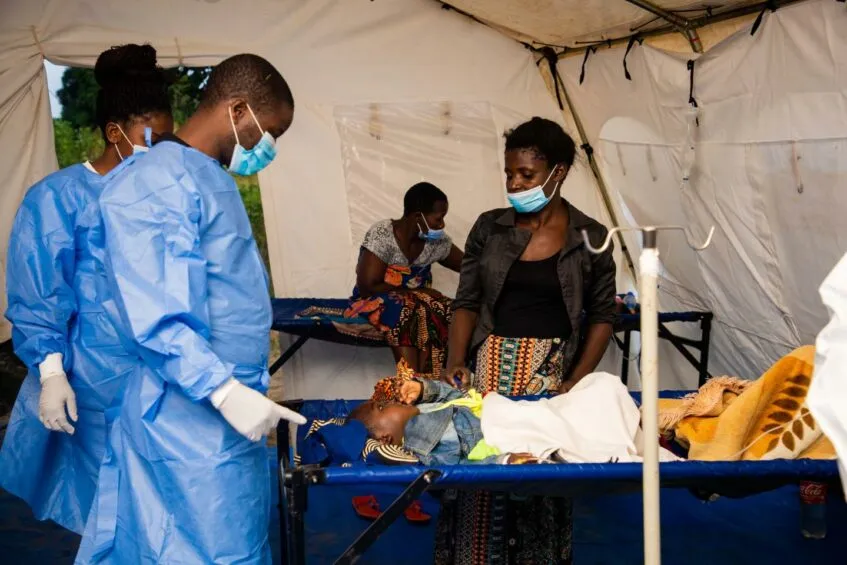The WHO announced on Thursday that 1,210 people have died and over 36,950 cases of cholera have been detected in Malawi since March 2022, urging bold actions to prevent the situation from getting worse.
According to the most recent epidemiological bulletin from the World Health Organization, cholera has been endemic in Malawi since 1998, with outbreaks occurring throughout the rainy season. However, the current epidemic has already reached the dry season. The Malawian authorities deemed the outbreak a public health emergency on December 5.
In addition to offering treatment kits and supporting expanded testing capacity, WHO is assisting the authorities.
The WHO warns that there are risks that the pandemic will continue to grow in the absence of effective measures due to the sharp rise in cases documented over the previous month. The group believes that improving access to drinking water, sanitation, and hygiene is vital.
The late discovery of illnesses, as patients arrive at health institutions too late, is one of the causes behind the high case fatality rate in Mangochi, Blantyre, Machinga, and Lilongwe, according to the WHO.
At the national and local levels, the group pegs the likelihood of the illness spreading as extremely high. According to the WHO, this cholera outbreak surpasses the bloodiest ever seen in this impoverished nation in southern Africa, which saw 968 fatalities in 2001–2002. By consuming tainted food or water, one might get cholera. For young children, it typically causes vomiting and diarrhea and can be quite harmful.
So far, the oral vaccination has been administered to around three million people. However, a portion of the Malawian populace avoids care in the name of their religious convictions, which aids in the disease's development.
After years of decline, cholera, a disease favored by the impacts of climate change, is on the rise once more around the world.
According to the WHO, outbreaks are now occurring in 23 countries, and 20 more countries that have land borders with afflicted nations are at risk. The availability of testing, treatments, and immunizations is constrained by this scenario. According to Tedros Adhanom Ghebreyesus, director-general of the WHO, the illness poses a threat to more than a billion people globally.
Because there are still cholera outbreaks in many areas, the WHO considers the risk of cholera to be extremely high internationally.
